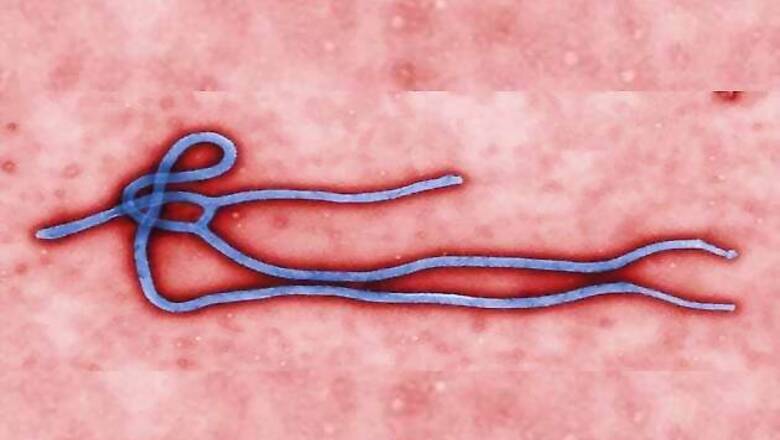
views
Conakry: A Red Cross team was attacked while collecting bodies believed to be infected with Ebola in southeastern Guinea, the latest in a string of assaults that are hindering efforts to control West Africa's current outbreak.
One Red Cross worker is recovering after being wounded in in the neck in Wednesday's attack in Forecariah, according to Benoit Carpentier, a spokesman for the International Federation of Red Cross and Red Crescent Societies.
Family members of the dead initially set upon the six volunteers and vandalized their cars, said Mariam Barry, a resident. Eventually a crowd went to the regional health office, where they threw rocks at the building.
The attack is the most recent in a series that have plagued teams working to bury bodies safely, provide information about Ebola and disinfect public places.
The most shocking was the abduction and killing last week in Guinea of eight people, health workers educating people about Ebola and the journalists accompanying them.
Ebola is believed to have infected more than 5,800 people in Liberia, Sierra Leone, Guinea, Nigeria and Senegal.
The outbreak has grown into the world's largest ever for the disease, partially because it went undetected for months, began in a highly mobile area and has spread to densely populated West African cities.
Resistance to efforts to control the disease, from outright denials that Ebola exists to fears that the very people sent to combat it are in fact carriers, has frustrated efforts to end or even slow the disease's spread in all three of the most affected countries, Liberia, Sierra Leone and Guinea, say officials.
In April, Doctors Without Borders briefly pulled out its team from the Guinean town of Macenta after their clinic was stoned. In Liberia, the homes of some of the infected have been attacked.
Last week, Red Cross workers were threatened in Sierra Leone, Carpentier, the Red Cross spokesman, said.
The disease is so new to this part of the world and so terrifyingly lethal that many people fear all outsiders associated with Ebola, even if they are coming to help, said Meredith Stakem, a health and nutrition adviser for Catholic Relief Services.
In addition, many people in these communities may not be familiar with even basic biological concepts of disease transmission, and Ebola is contradicting what they do know.
"There's not a lot of diseases that can be transmitted by corpses," she said. "It's hard for people to comprehend that the dead body is actually a threat.














Comments
0 comment